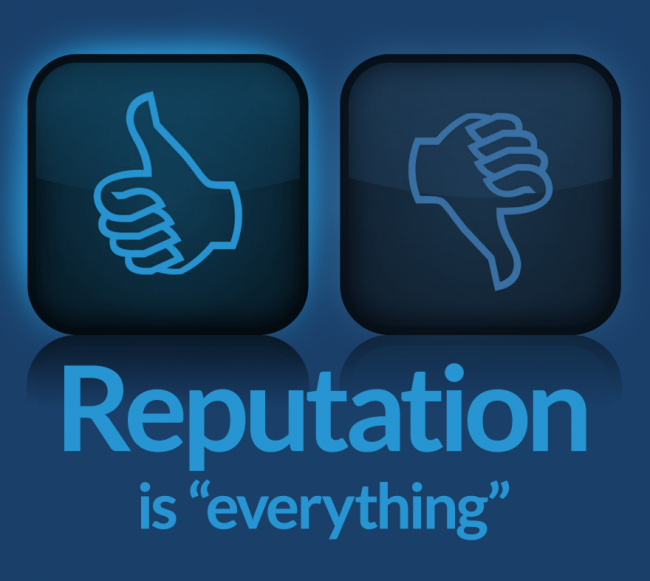Is reputation everything?
When threatened our instinctive response is ‘fight or flight’. The emotion we experience is fear. This instinct not only kicks in when we are personally threatened, but when the organisation we work for is threatened. The default position is to ‘protect reputation at all costs’. This is because we perceive reputation, both personal and organisational, to be our most important asset.
It takes 20 years to build a reputation and five minutes to destroy it. If you think about that you’ll do things differently. Warren Buffett
However, what happens if you are faced with a choice between protecting reputation or doing the right thing?
There are plenty of examples of the tension between doing the right thing and reputational protection. Volkswagen didn’t do the right thing when it made the conscious decision to cheat the emissions test on its diesel cars. Instead, it wanted to build its reputation as the world’s biggest car company.
Samsung is another example with its recent recall of the Galaxy 7 notebook. At enormous financial and perhaps reputational cost, they chose the right thing by recalling all the phones it had sold.
However, with the advent of social media companies are finding themselves forced to do the right thing. Would Samsung have recalled all those phones if there wasn’t such a public outcry? Up until the point of the recall a mere 35 phones out of the 1million+ sold had exploded into flames. Had they done sufficient testing to begin with, or were they, like Volkswagen, hoping to get away with it?
There are plenty of examples where people and organisations have done wrong and tried (successfully or otherwise) to ‘sweep it under the carpet’ in order to protect their reputation. This is done out of fear; fear that if they don’t protect reputation there will be loss of face, loss of business, and consequences that will have to be borne. In these instances protection of reputation more often than not involves deceit.
We have seen examples of this played out in the way institutions in Australia (and across the world) responded to allegations of sexual abuse towards children. When a young person did have the courage to speak out they were beaten into submission for the protection of the organisation’s reputation. The loss of an individual’s potential (and sometimes life) seemed inconsequential to those in leadership roles.
It takes enormous courage when faced with the choice between doing the right thing or protecting reputation, particularly if it means admitting that you were wrong. But great leaders are more interested in integrity than reputation. They are more interested in the other person than themselves.
Real integrity is doing the right thing, knowing that nobody’s going to know whether you did it or not. Oprah Winfrey
Nelson Mandela said, “I have learned that courage is not the absence of fear, but the triumph over it. The brave man is not he who does not feel afraid, but he who conquers that fear”.
When faced with the choice, to do the right thing or protect reputation, what would you do? Would you allow your natural fight or flight instinct to rule you, or will you conquer your fear and do the right thing, even if it may mean reputational damage? Great leaders hold integrity far above reputation.

